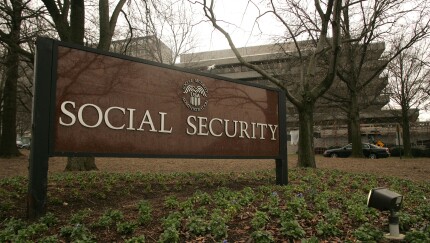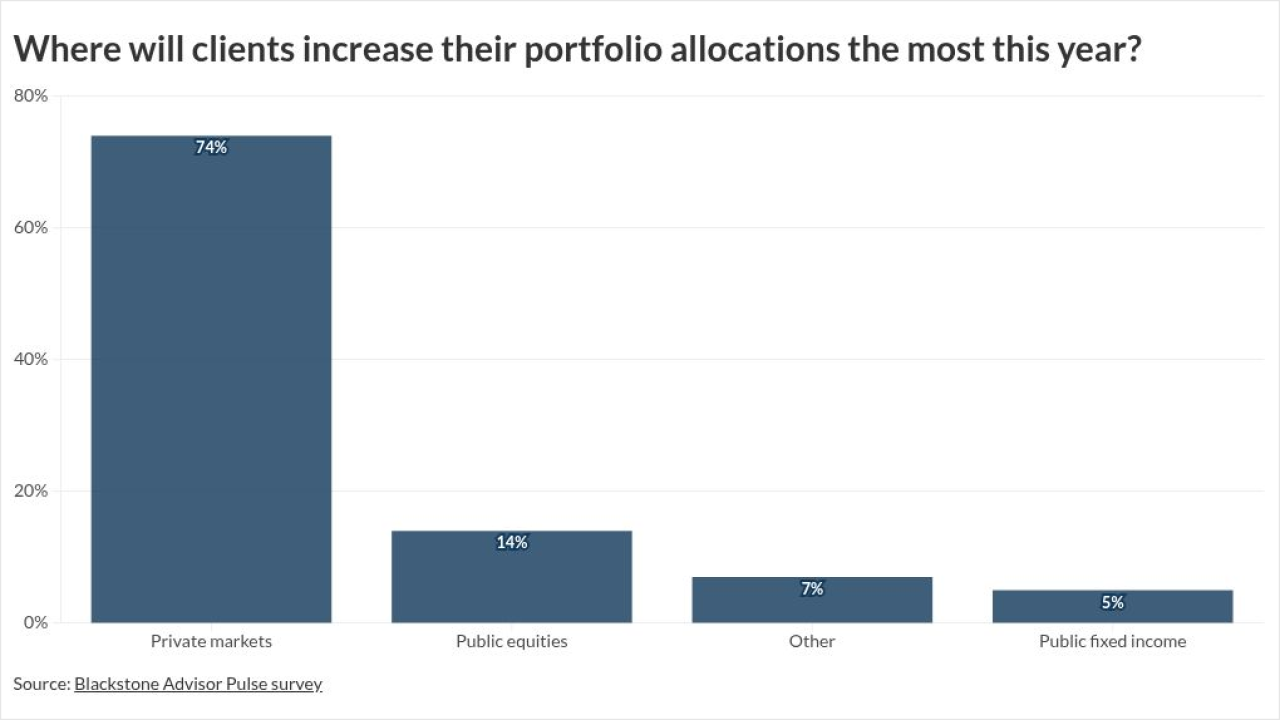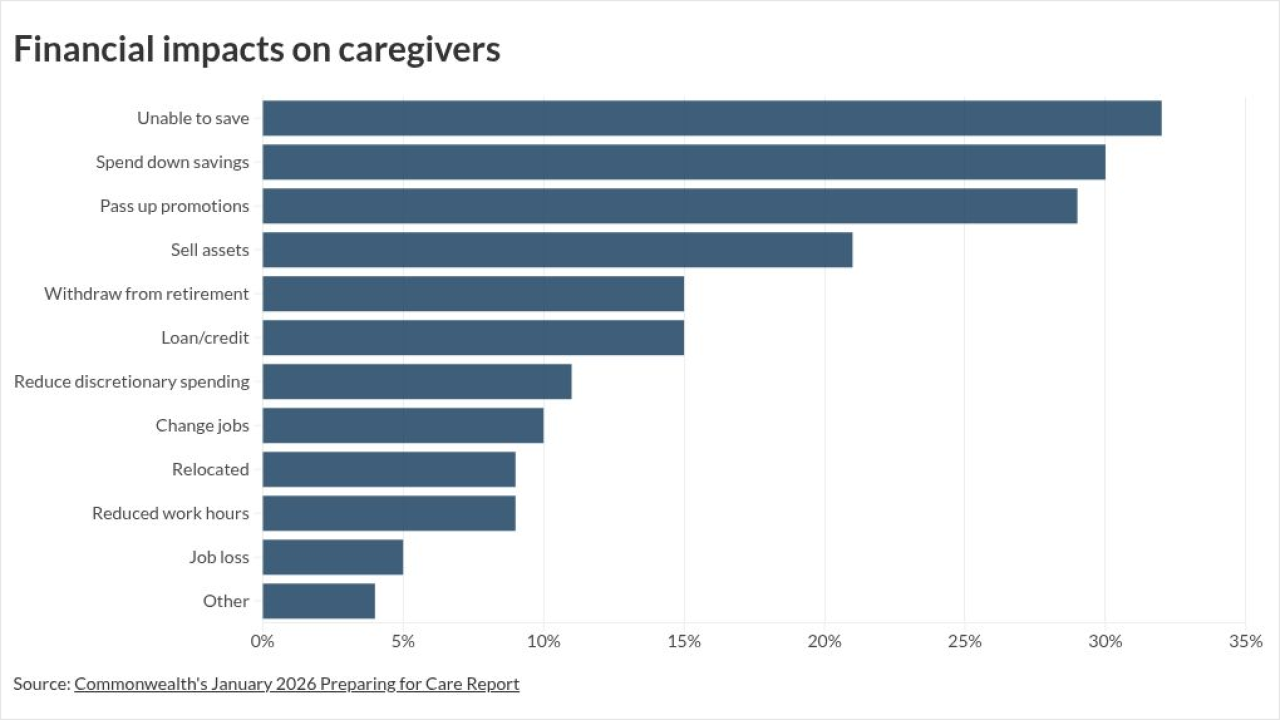Now is the time for advisors to take a hard look at their compliance program with an eye toward bullet-proofing their practice against potential litigation after the Department of Labor's new fiduciary rule, legal and compliance experts caution.
The DoL's rule, with a compliance date of April 2017, expands the fiduciary responsibilities for advisors and brokers working with retirement savers and plans, and lays out contractual provisions that would enable clients to sue their financial professionals over a potential breach of fiduciary duty. The DoL is currently defending its fiduciary regulation against a series of lawsuits seeking to overturn the rule.
The potential litigation against advisors, coupled with the prospect of enforcement from any one of a number of regulatory authorities, should compel firms to make sure that their policies and procedures are "more defensible to the inevitable challenges," Brian Rubin, a partner at the law firm Sutherland Asbill & Brennan, said during a recent online presentation on the DoL's rule.
"The DoL is clearly envisioning that parts of this rule are going to be enforced by class-action litigation brought by private plaintiffs," Sutherland attorney Wilson Barmeyer says. "So this risk of litigation has really put a microscope on the need to get our compliance and operational systems in order ahead of the implementation date of the new rule next year."
EVALUATE, REVIEW AND DOCUMENT
Experts at the compliance vendor RegEd have been studying the DoL's rule closely and are cautioning RIAs and broker-dealers to begin with a thorough evaluation of their operations.
"Advisors should be reviewing their book of business to determine which accounts may be affected by the rule changes, but firms should also review their employees to determine who will be a fiduciary" under the new rule, says Ann Robinson, senior vice president of business development at RedEd.

Robinson urges firms to cast a wide net in that review, weighing whether advisors, call-center staffers, sales assistants and even back-office personnel might be deemed fiduciaries under the DoL rule. To ensure the firm has a defensible legal position, Robinson suggests documenting the roles of various employees in the practice and provide training so that each staffer is clear on the implications of the fiduciary rule.
At the heart of the DoL's fiduciary rule is the so-called best interest contract exemption, a provision that permits advisors to still deliver commission-based sales, provided that they enter into a contractual agreement with their clients affirming their fiduciary status and committing to put their investors' interests ahead of their own. Those contracts figure to be at the core of much of the anticipated litigation stemming from the fiduciary rule.
Robinson points out that the so-called BIC exemption is not a catch-all provision that will provide a blanket cover for all manner of products and compensation models. Instead, she says that firms should review their product menus item by item, and ensure that every advisor understands how their recommendations will fit into the fiduciary policy framework that the compliance department has devised.
"Compensation should be reviewed for each of the approved products to ensure that it meets the reasonable compensation rule, and firms' policies should be established for each product type," she says. "Firms must provide advisors with the parameters needed for the BIC exemption by product, and if exceptions to the exemption are allowed, they must be documented and retained for future use in case of a customer complaint and legal action."
Reviews of internal policies, product offerings and staff training are only part of the compliance picture, however.
FINE LINE OF COMMUNICATIONS
Peggy Fox, RegEd's general counsel, highlights the provisions of the DoL rule that address interactions with investors.
A rundown of the big numbers to watch surrounding the Department of Labor's newly announced fiduciary rule.
"Developing new operational processes governing how a firm's personnel communicate with prospects and clients is another part of this brave new world," Fox says.
The DoL offers an exemption for communications that are strictly educational versus communications that veer into the realm of investment advice and would trigger the fiduciary obligations.
"Firms will need to review all of their marketing content – written material, websites, product advertising, investor kits, seminar scripts, call-center scripts and the like – to identify which pieces of marketing material that are currently in use no longer align to the carve-out, and either suspend use of that material or update it and submit it for approval to both issuers and regulators," Fox says.
Some firms will likely opt for what is known as the level-fee fiduciary exemption, or "BIC light." That provision has no requirement for a written contract, which could make it appealing from a liability perspective. To qualify, firms must only offer retirement advice for flat-rate compensation, such as through a fixed percentage fee.
The 6-3 Supreme Court ruling against one of President Donald Trump's signature economic policies was consequential, but experts say volatility is unlikely to be over.
A new bipartisan bill would exempt retroactive Social Security payments from federal taxes, easing a surprise financial burden for millions of retirees.
A pair of putative class-action lawsuits this month accuse Edward Jones of allowing information clients enter online to be harvested for use in targeted marketing campaigns.
"The compliance challenges are comparably lighter" under the BIC light regime, Sutherland attorney Allison Wielobob says, though even those requirements "are not without their impositions."
"We expect that many industry participants – especially broker-dealers – will seek to restrict offerings with fixed-fee arrangements, such as a traditional advisory model or the new robo-advisory model in order to fit within the definition of a level-fee fiduciary," Wielobob says.
Indeed, just last week, Merrill Lynch
FIRMS URGED TOWARD TECHNOLOGY
Advisors might also consider another dimension of the new regulation – that technology can be used as both a compliance aid and as an early warning system against potential lawsuits.
Technology must become "the cornerstone of a firm's financial operations,” Debra Freitag, RegEd's chief strategy officer, says.
That includes client onboarding applications that compile a detailed – and defensible – record of factors such as goals and risk tolerance, as well as the deployment of systems that can help advisors ensure that they are offering investment advice in compliance with the fiduciary regulation.
Freitag also urges firms to automate the systems that they use to track client complaints and to make sure that they are monitoring those applications, which can serve as a crucial early warning system and “reduce litigation exposure significantly.”
"The fiduciary rule greatly amplifies the fact that complaints are the leading indicator of potential lawsuits," she says.
Of course, it's not just private litigation that firms need to guard against. Sutherland's Rubin expects that regulators will be watching closely for how industry participants respond to the rule and envisions that enforcement moves could come from any number of federal and state authorities. It might be the Department of Labor's rule, but Rubin suggests that the SEC, the IRS, FINRA and state regulators could use the fiduciary regulation as the basis for an enforcement action.
"The good news is that we won't see exams or investigations or enforcement actions for a while. The bad news is that a lot of regulators are going to jump on to these issues, and I think there's room for a lot of regulators to act," Rubin says.
"Keep in mind that regulators often go where the money is, so if there are opportunities to collect fines, I wouldn't be surprised if the states and the other regulators try to go there as well."









